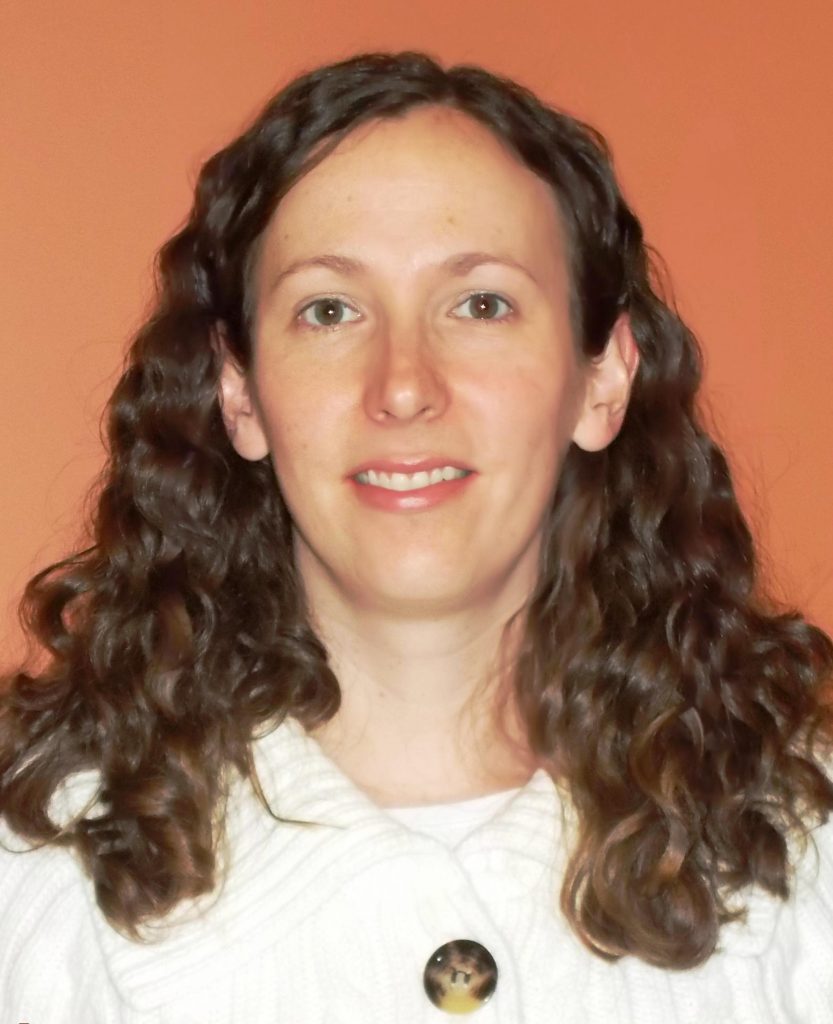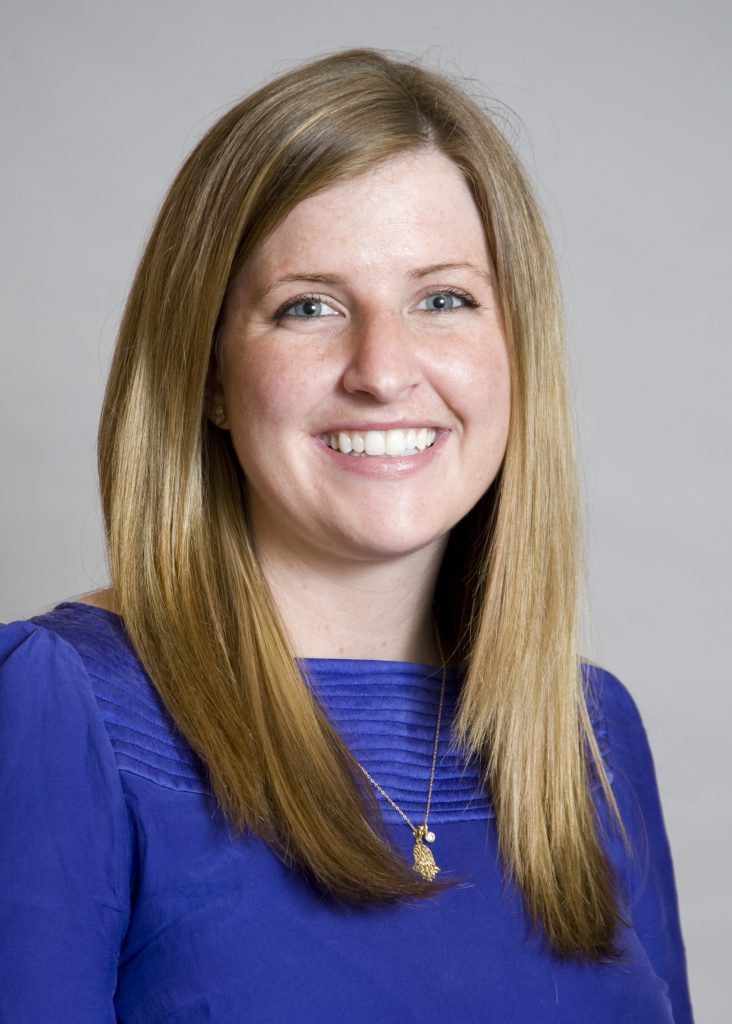For Liz Keegan, “fair” is an important word right now in the context of the housing market. “Buyers are being outbid. Homes are selling in a matter of hours,” she says. “It feels unfair — but that’s different than being illegal.” Keegan works for the Fair Housing Center of West Michigan (FHCWM), responsible for educating people about federal laws that make it illegal to discriminate against people seeking housing based on their race, color, religion, gender (including sexual orientation or gender identity under recent federal guidance), disability, what country they’re from, or whether they have children.
April is Fair Housing Month. FHCWM is one of dozens of nonprofits Zillow partners with to build awareness around housing inequities, and to spark conversations about solutions. Keegan says housing centers like hers are “small and mighty, so we need the whole community — elected officials, housing providers, lenders, neighborhood groups and private companies like Zillow — to establish equal access, because places thrive when everyone is welcome.”
That was Keegan’s personal experience, growing up in a diverse Detroit neighborhood. But she says when she moved away for college, she learned something surprising: “That’s not how people saw my community from the outside at all.” She says fair housing centers provide education that can open people up to being more accepting of others. “They can help change people’s minds, and change their hearts if they’re open to it,” she says. “Or at the very least, help them understand what the law is, so they can comply, either through necessity or because they really don’t want to discriminate.”

“We need the whole community — elected officials, housing providers, lenders, neighborhood groups and private companies like Zillow — to establish equal access.” — Liz Keegan, FHCWM
Criminal records challenge
Keegan is organizing FHCWM’s 33rd annual Fair Housing conference scheduled for April 22, 2021. One of the tough topics on the agenda: legal guidance on the use of criminal background checks to screen prospective renters. It’s an issue that’s front and center for The Legal Aid Society of Cleveland. “We take applications to seal criminal records every day,” says the organization’s managing attorney for intake Lauren Gilbride.
Ohio and many other states allow people arrested, charged or convicted of minor misdemeanor crimes, such as drug possession, vandalism and petty theft, to seal those records, so employers or landlords cannot use them to judge their applications. “There’s this misperception that, because someone has a criminal record, that means that they are going to do something criminal when they’re living in your property,” says Gilbride. And the criminal record might not tell the full story, Gilbride says; take the client who was charged with child endangerment. “She was a mother jay-walking across the street with her two-year-old child.”
Gilbride leads a program in which volunteer lawyers coach clients on how to seal their records. Most clients are low-income, and BIPOC. “A lot of people come to us not even knowing if they’re eligible, and when we explain they are, and that we’ll help them with the paperwork, you see such a change,” says Gilbride. “They can move on with their lives into jobs or places they didn’t think were possible.”

“There’s this misperception that, because someone has a criminal record, that means that they are going to do something criminal when they’re living in your property.” — Lauren Gilbride, The Legal Aid Society of Cleveland
Dedicated to fairness
Zillow provided funding for Legal Aid Cleveland’s virtual clinics on record sealing during Fair Housing Month. “We know we’re better together when we work as a team,” says Zillow Government and Community Relations Senior Director Jennifer Butler, “and that team includes state and local nonprofits and policy makers dedicated to fair housing principles, so that everyone has equal access to a safe, secure place to call home.”
Butler leads a team of people who are driving several events and initiatives underway in April, with partners across the country, including Legal Aid Ohio and FHCWM, to educate communities about and advocate for fair housing law and policy. In New York, Zillow is partnering with Enterprise Community Partners and creative studio designing the WE to bring the virtual version of an exhibit called Undesign the Redline to state legislators.
The exhibit consists of a collection of maps and photos that tells the story of redlining, a 1930s-era government policy that effectively blocked Black families from getting home loans. Redlining was outlawed in the 1960s, but its legacy is evident in the Black-white homeownership gap that persists to this day.
“We didn’t want to bring elected officials together just to have an experience,” says Lorraine Collins, director of public policy and external affairs for Enterprise Community Partners in New York. She wants the exhibit to be a springboard for further action. “It will be great to see how our elected officials come up with some creative ways to acknowledge and address the drastic impact redlining has had in communities across the state.”
Collins says her nonprofit’s partnership with Zillow has been effective. “Undesigning the redline is going to take all of us putting in the work.”
Related: